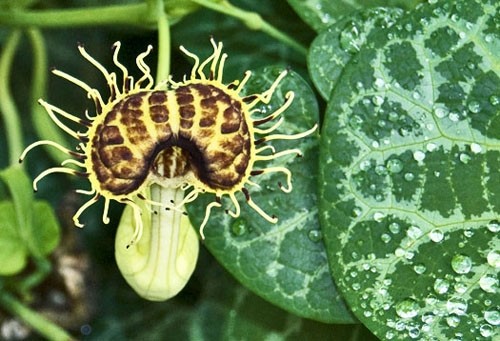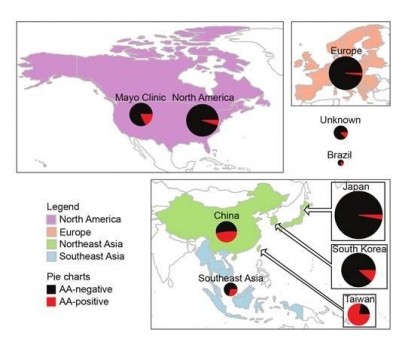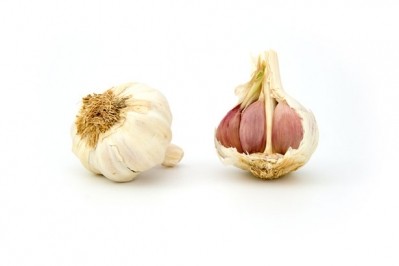Sequencing experts unravel secret of cancer-causing herbal remedy

The plant compound derived from Aristolochia (Birthwort) has been used for thousands of years, particularly in Asia, to treat complaints such as gout, inflammation, arthritis, menstrual symptoms and rheumatism and to aid in weight loss.
While the ingredient is now banned in many countries, its cancerous affects are still being felt. This new study - conducted by genomic sequencing experts and pharmacologists at Johns Hopkins and Stony Brook University in collaboration with urologists in Taiwan – has isolated the mutational signatures of upper urinary tract cancers caused by aristolochic acid.
“Aristolochic acid is metabolised in the liver and kidneys and it chemically cross links to DNA,” explained Dr Thomas Rosenquist, one of the lead authors of the study. “It stays in the DNA for the life of the individual, and then it gives rise to the ATT mutations which is normally a minor mutation however in these tumours we found that it was a major mutation.”
Natural is not always safe
Using whole-exome sequencing the researchers examined the cancerous tumours of 19 Taiwanese people who had been exposed to aristolochic acid, and seven patients who had not.
They found an average of 753 mutations in each tumour from the toxin-exposed group compared with 91 in tumours from the non-exposed group.
In Taiwan the exposure to this compound via herbal remedies is very high and “correspondingly the rate of upper urothelial carcinoma - which is normally pretty rare – is the highest in the world,” said Dr Rosenquist.
Dr Rosenquist and his team have plans to move forward with their research by conducting similar studies on aristolochic acid exposure in India, Japan and China as well as looking at other tumour types such as renal cell carcinomas.
Reverberating risks
The risks of aristolochic acid lie in ingestion of the substance. This can be done by taking supplements and herbal medicines that contain the ingredient.
These carcinogenic products are still available over the Internet and in countries such as India, although they have technically been banned across most of Europe, the US and many countries within Asia such as China and Taiwan for around a decade, explained Rosenquist.
“Most cancers take 20-30 years to develop from the initial mutations so it’s not surprising that there’s still a really current, high rate of this cancer even though the agent that induces it might have been reduced,” Dr Rosenquist told NutraIngredients.
Previously researchers at Stony Brook investigated the Balkan Endemic Nephropathy. In this case whole farming communities in Croatia, Bosnia and Herzegovina, Serbia, Romania and Bulgaria were afflicted with cancer.
It was discovered that in these areas Aristolochia grew wildly among wheat fields, leading to the contamination of food supplies and very high rates of upper urothelial carcinoma and kidney disease.
Source: Science Translational Medicine
Vol. 5, Iss.197, pp 197- 207, doi: 10.1126/scitranslmed.3006200
"Mutational Signature of Aristolochic Acid Exposure as Revealed by Whole-Exome Sequencing”
Authors: Margaret L. Hoang,Chung-Hsin Chen, Viktoriya S. Sidorenko, Jian He, Kathleen G. Dickman, Byeong Hwa Yun, Masaaki Moriya, Noushin Niknafs, Christopher Douville, Rachel Karchin, Robert J. Turesky, Yeong-Shiau Pu, Bert Vogelstein, Nickolas Papadopoulos, Arthur P. Grollman, Kenneth W. Kinzler, Thomas A. Rosenquist















